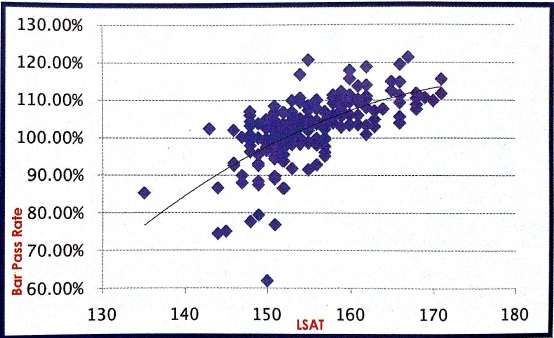The verdict? Great lawyers are actually made (not born). This may be a slap in the face for some of you (ahem *elitists*) out there.
According to Carolyn Dweck, a cognitive psychologist at Stanford University, there are two types of people: 1) the ones with a fixed mindset; and 2) the ones with a growth mindset. People with a fixed mindset tend to prefer activities that validate their own abilities, while they shy away from tasks that may provide the world with evidence that they lack talent.
In contrast, people with a growth mindset believe they can acquire important skills, knowledge, and abilities through effort. So floundering at a task is not failure - it's learning.
Between the two types, it's the people who possess a growth mindset that tend to be fearless and willing to take on difficult tasks. And it's those fearless folks who become high performing attorneys.
The example that Prof. Henderson uses is Fred Bartlit (the named partner of the ultra prestigious litigation boutique law firm Bartlit Beck Herman Palenchar & Scott LLP). Despite having tried hundreds of cases, the man still impanels a mock jury and humbly seeks their advice.
What does this have to do with the LSAT? Everything!
The LSAT is known to be a good predictor of law school performance and bar passage rate; not perfect, but still good. Like good lawyers, good LSAT test takers are made (not born).
I see it year-in and year-out. Baseline intelligence does matter, but without fearless hard-work achieving a high LSAT score is impossible.
So be fearless when you are studying for this exam. Be confident. If you get something wrong, don't let it defeat you. Go back. Revisit the question. Look at it in the face and stare it down until you can crush it!








